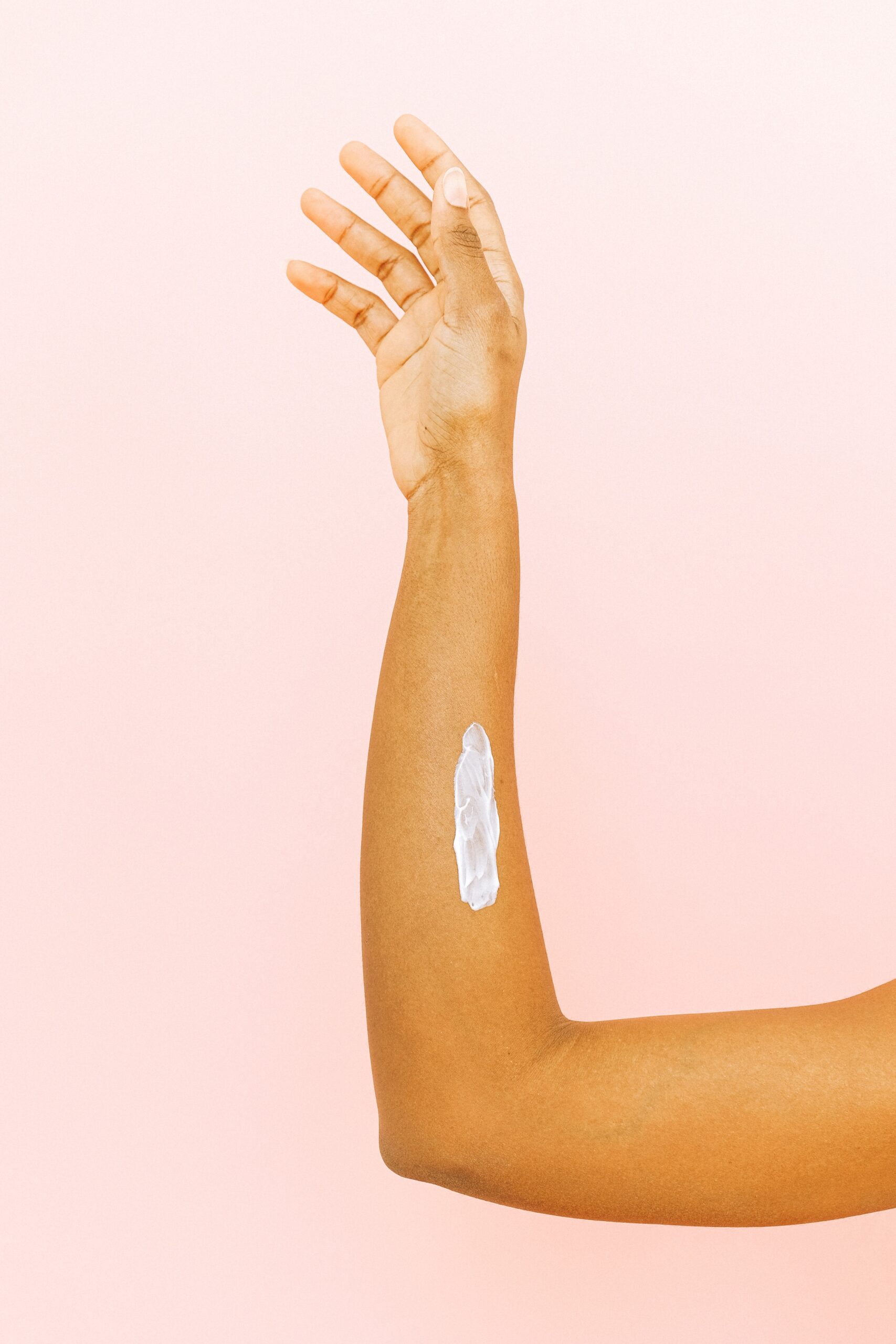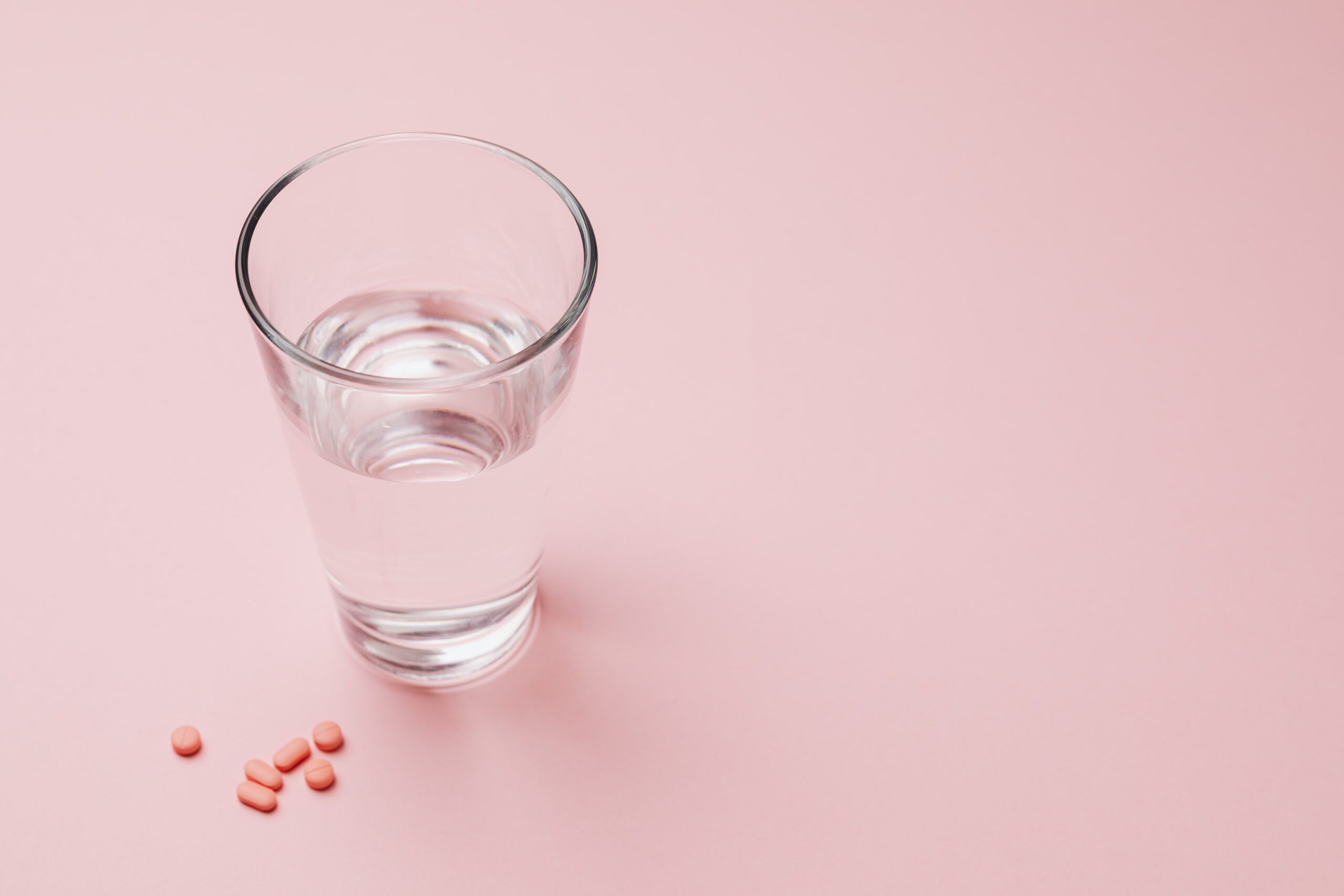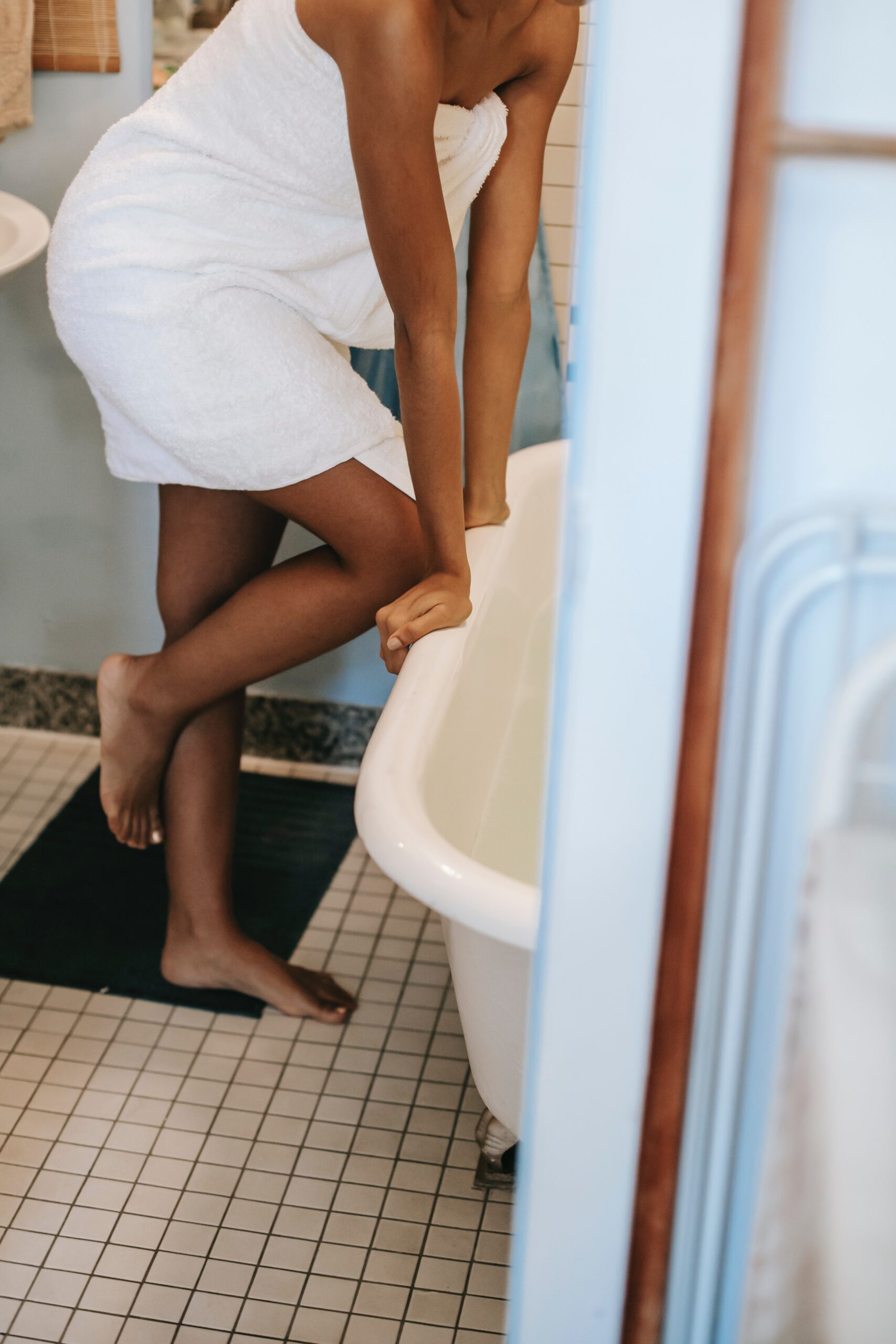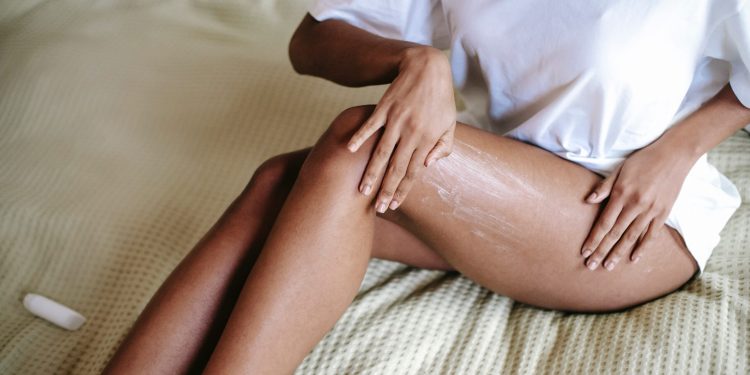Let’s get one thing clear—eczema is nothing short of irritating all year long.
It’s extremely itchy, annoyingly dry and flaky, and can leave unsightly rashes all over your body.
And those unfortunate symptoms actually still fall on the mild to moderate side of things.
However, symptoms can absolutely worsen depending on things like skincare habits and external elements such as weather, fabric, and household cleaners.
For this reason, winter time is not the best time for eczema considering the intensely drying atmosphere.
This doesn’t mean you’re all out of luck, though!
There’s quite a bit you can do to combat severe, winter-triggered symptoms in a few easy steps.
Here are 3 tips to keeping your eczema calm and clear this winter.
Use thicker creams and lotions.

What’s the one thing you want to do when you have eczema? Soothe it.
And since scratching is a big no-no when you’re super inflamed, thick cold creams and body lotions really come in handy for some instantaneous cooling and relief.
In the heat of the summer, you may be able to get away with using a thin ointment.
But because winter is so cold and dry, you’re skin is far more likely to be chapped.
Whatever cream you’re using this fall, don’t be afraid to layer up or swap it for something thicker.
Before you switch out, also make sure whatever new creams you invest in are fragrance-free and hypoallergenic or else they’ll have a reverse effect and further irritate your skin.
Increase the Vitamin D.

According to recent studies, an increase in Vitamin D levels actually decreases the severity and occurrence of eczema symptoms. The tricky thing about Vitamin D is that it’s not easy to increase through food alone.
In fact, it primarily comes from the sun and supplements.
Unfortunately, a good portion of black women are Vitamin D deficient.
So if you know that you aren’t getting enough vitamins from any source, you’re likely one of many.
This isn’t a cure for eczema, but it’s worth giving a shot.
Get enough sun, take your daily vitamins and supplements, and try out some lotions formulated with Vitamin D3.
Don’t forget to be patient during this process! Good things take time and this is method is great.
Skip hot and opt for warm.

Taking a nice, hot shower in the cold of winter seems like a great way to deal with the seasonal chill, but it’s a not-so-hot way to deal with eczema.
The fact of the matter is, hot water can really dry out your skin and that’s the exact thing you’re trying to avoid!
However, this doesn’t mean you should totally go for cold showers.
Like, c’mon sis, this is eczema treatment not a torture chamber! Instead, just keep it warm.
That way, you’ll be able to comfortably take showers without rashes or irritation flaring up.
No matter if you go with this advice or skip it altogether, make sure you properly dry off and lotion up immediately after every shower to avoid inflammation.








